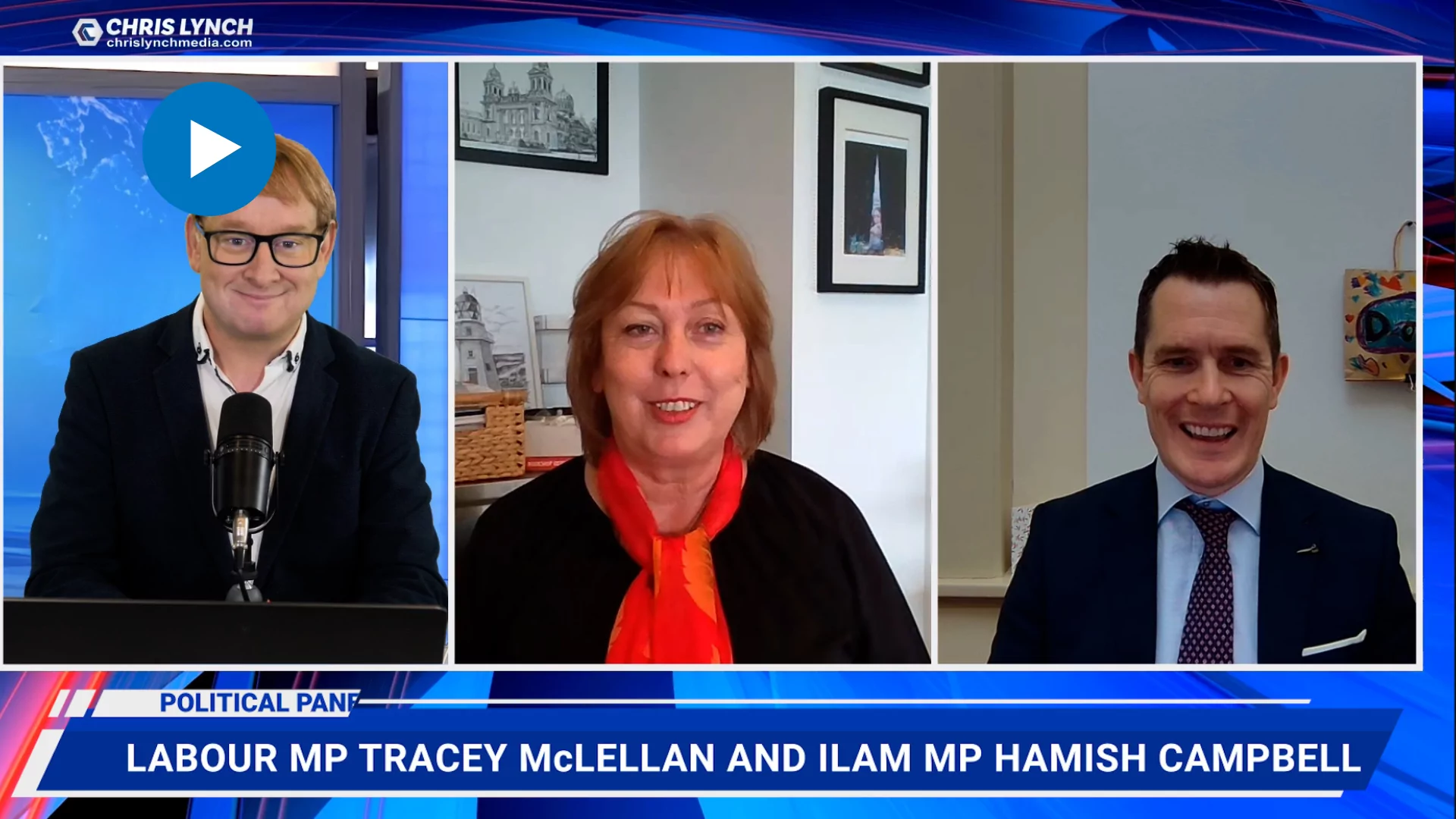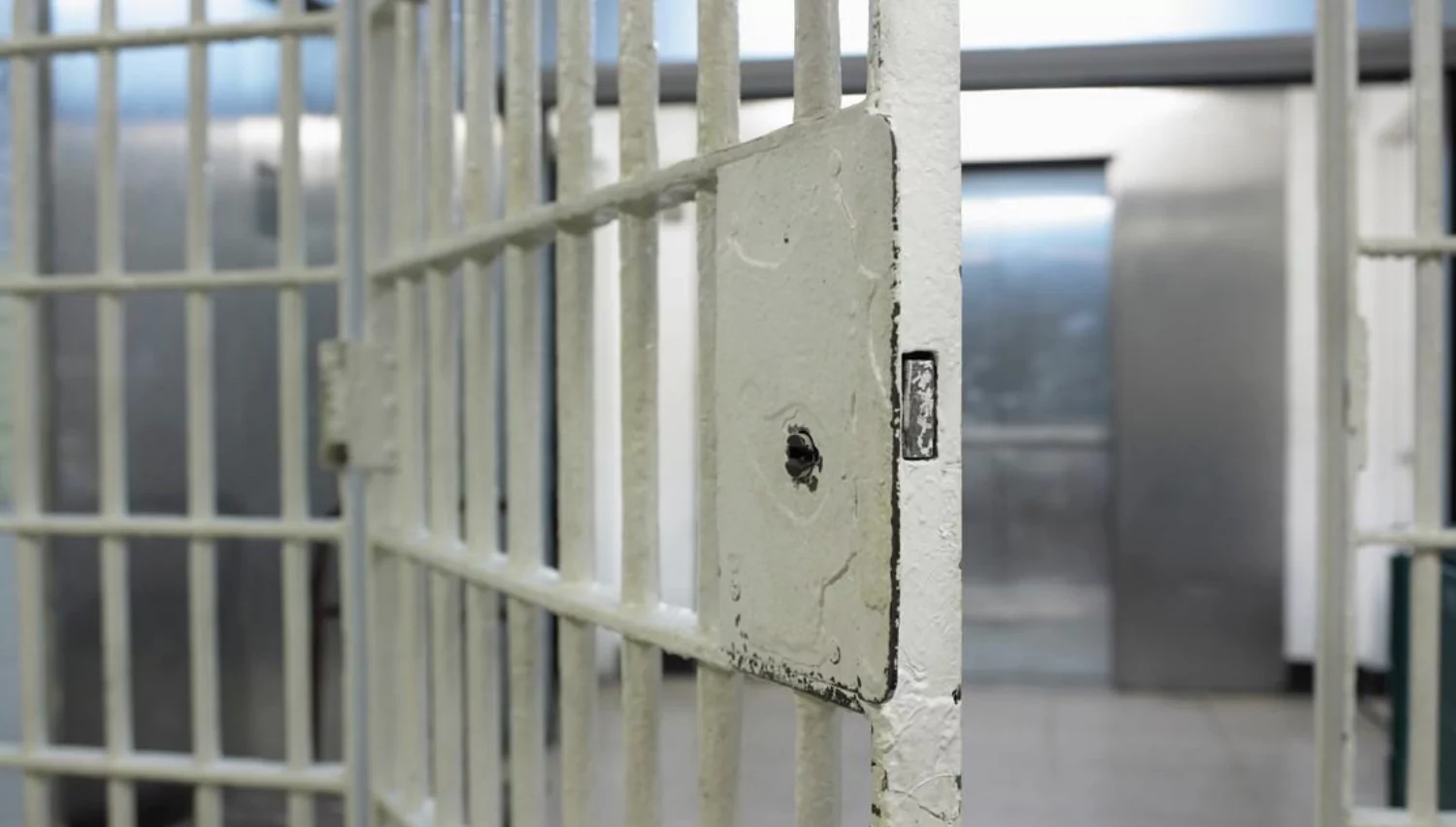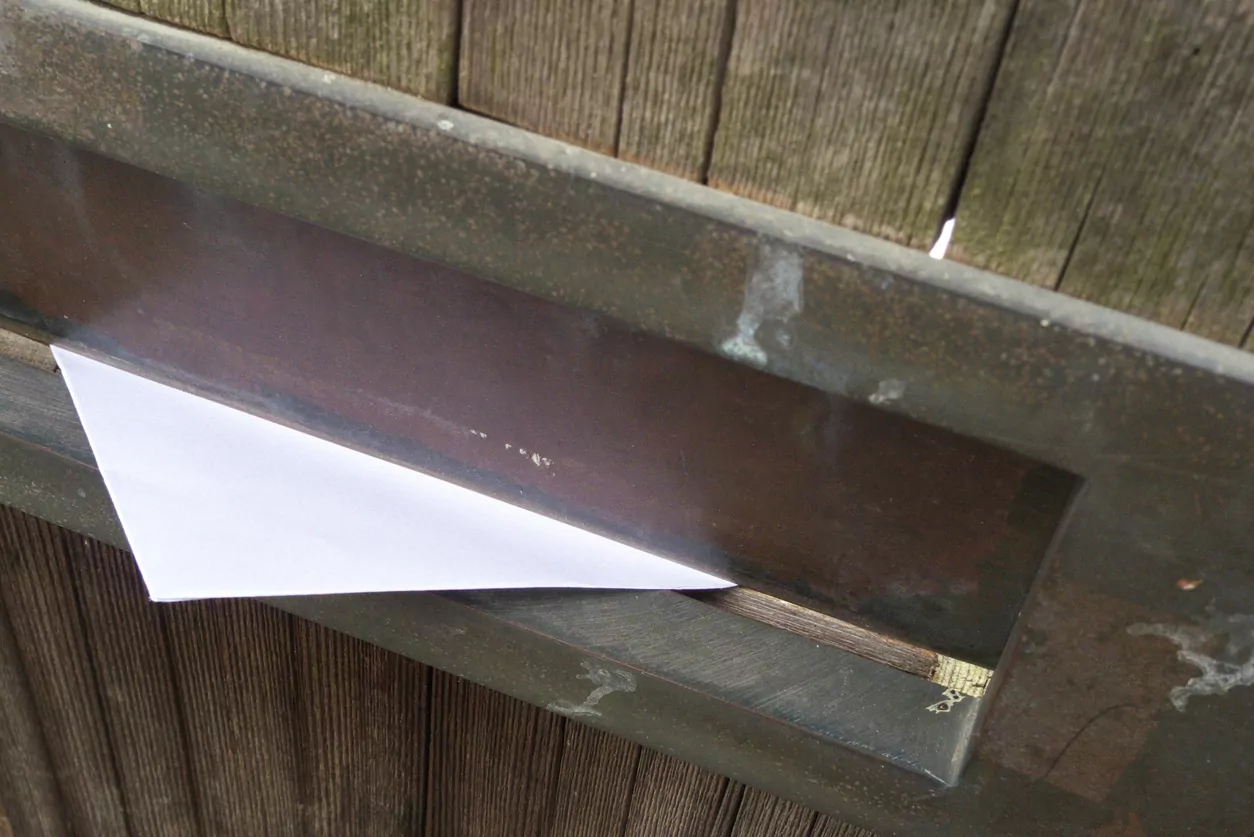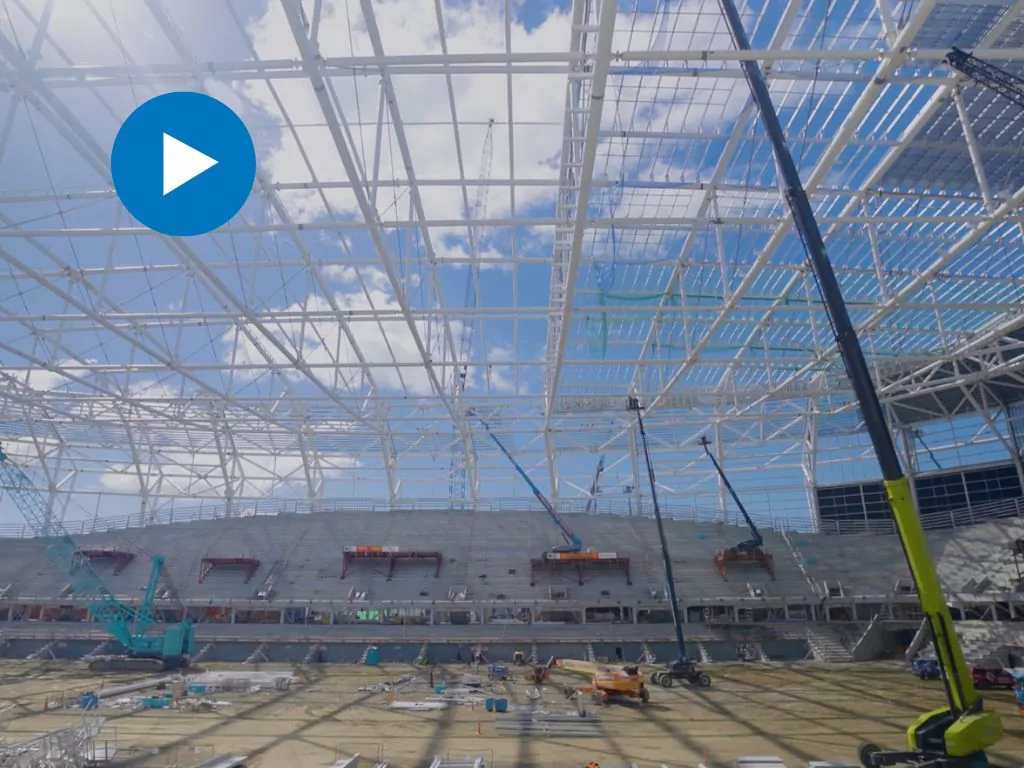Prime Minister Christopher Luxon has called on the Christchurch City Council to take responsibility for engineering issues affecting hundreds of Christchurch homeowners, following revelations about structural errors by a former engineer, Adrian Collis, which have left many concerned about the integrity of their homes.
As first reported by chrislynchmedia.com, controversy surfaced after Engineering New Zealand warned South Island councils that Collis, previously with Mike Wilton Consulting Limited, had produced flawed structural engineering work.
The errors, documented in producer statements used to verify compliance with the New Zealand Building Code, have raised questions about building safety, particularly in Christchurch—a city still focused on earthquake resilience.
In a wide ranging interview with chrislynchmedia.com Prime Minister Christopher Luxon said “This is really the responsibility of the council. It’s their job to ensure that the engineering work is signed off to the standard it needs to meet.
“Councils are ultimately accountable for upholding those standards, and I expect them to respond accordingly.”
The Christchurch City Council’s recent letters to affected homeowners warned them to get their houses re-checked leaving many feeling that neither the council nor Engineering New Zealand has accepted accountability.
Luxon suggested homeowners should look to the council for answers, saying they are the ones ultimately responsible for ensuring these standards are signed off.
“In a high level sense, what I can tell you is that councils are accountable for making sure ultimately they are accountable for making sure those standards are signed off and held up to the highest possible standards so that’s an issue that I would expect them to respond to. You should direct the questions to them.”
When questioned on the broader implications, Luxon acknowledged that the issues raise questions about the effectiveness of self-certification in the building sector.
Self-certification allows certain trades, like electricians and gas fitters, to verify their own work without direct oversight from council inspectors.
Luxon defended self-certification for reputable tradespeople, particularly given New Zealand’s protracted housing crisis and regulatory delays.
“We’ve got a supply problem in New Zealand—houses aren’t being built affordably or quickly enough,” Luxon said. “It now takes 19 months just to get a standard house consented, and it costs 50% more to build a home in New Zealand than it does in Australia.”
Luxon explained that New Zealand’s extended consenting process, combined with high building costs, is a critical problem for the government as it tackles the housing crisis.
He cited an example involving a new-build project where delays occurred due to a backlog in council inspections. “In this particular case, a halfway brick wall inspection was delayed for two weeks because the inspector was sick and no replacement was available, which held up the entire project,” he said.
Luxon argued that, in cases involving reputable, low-risk building companies, self-certification could reduce delays. “If we allow low-risk building companies to self-certify, we’re being sensible about regulation. That’s smart regulation, rather than unnecessary red tape,” he said.








